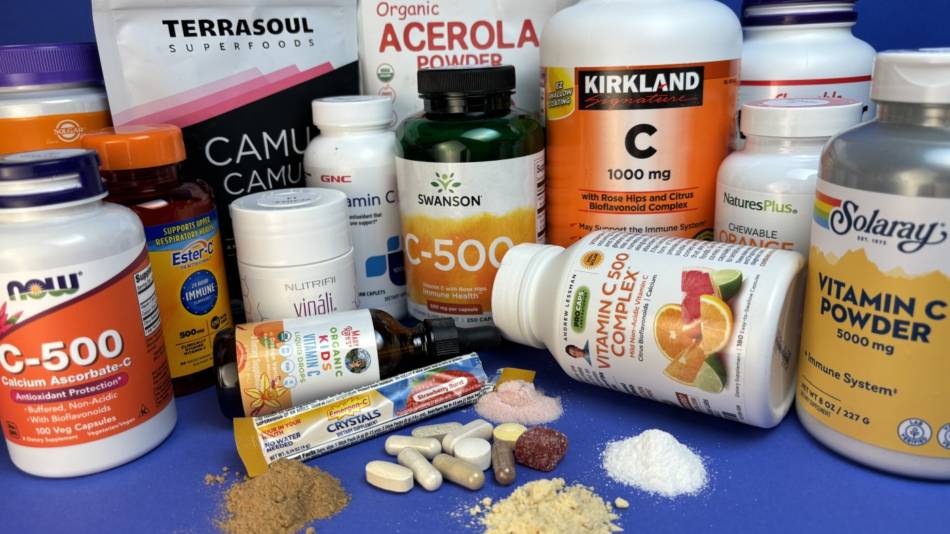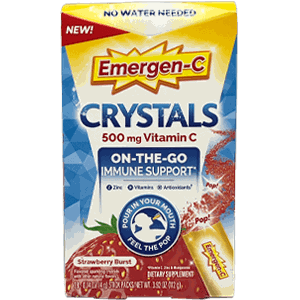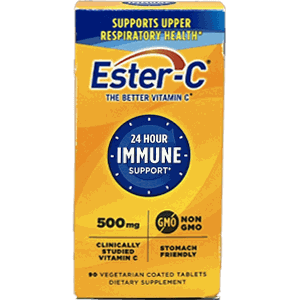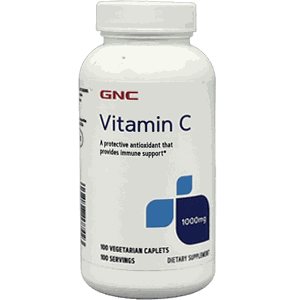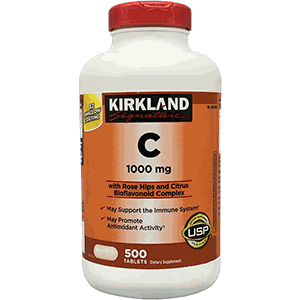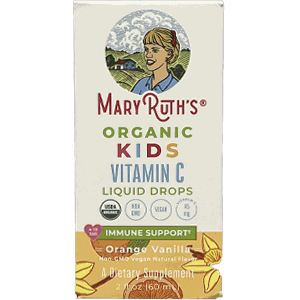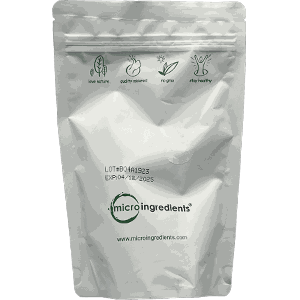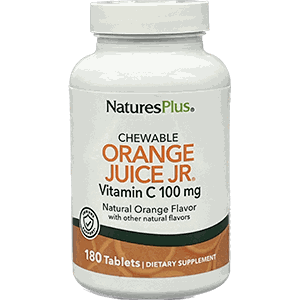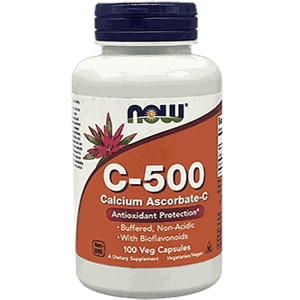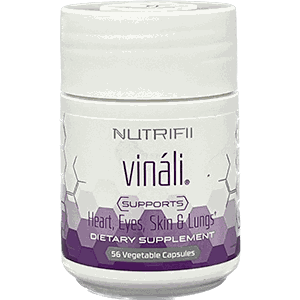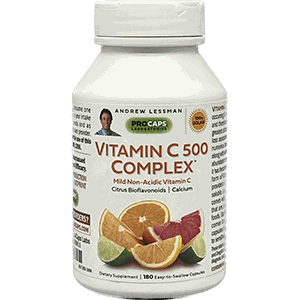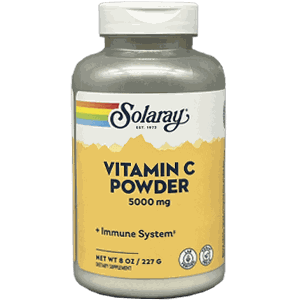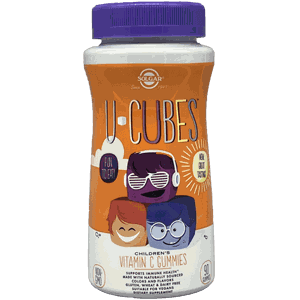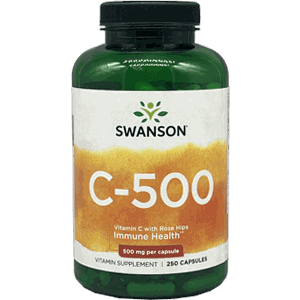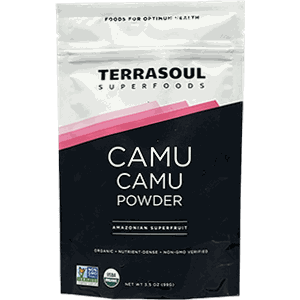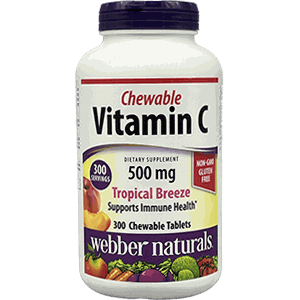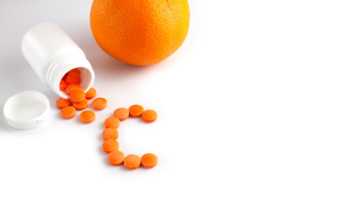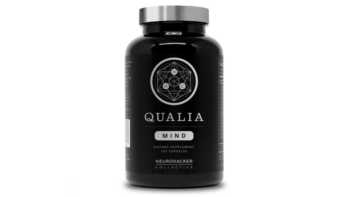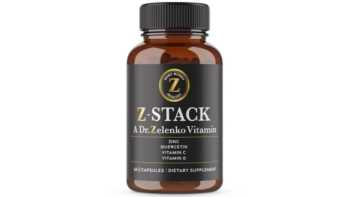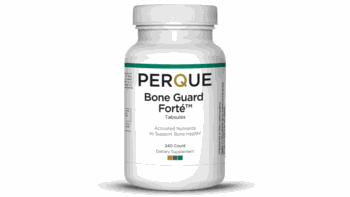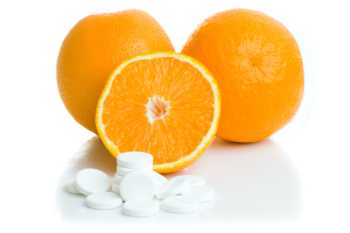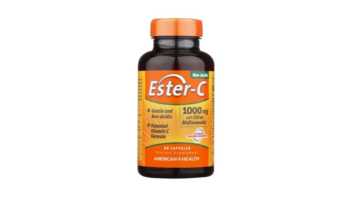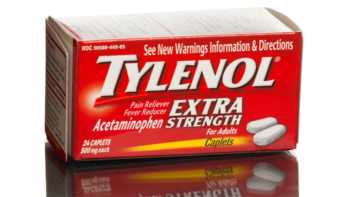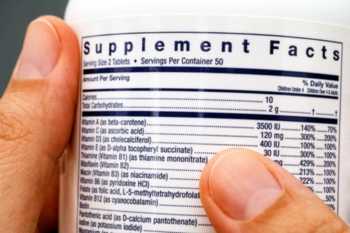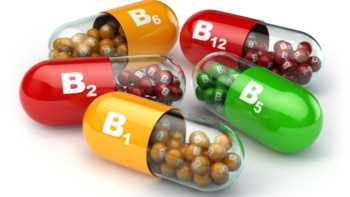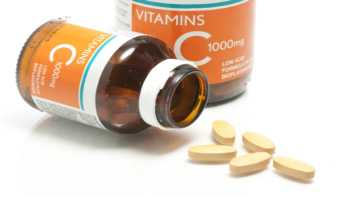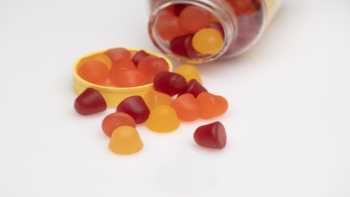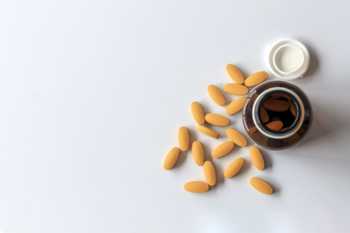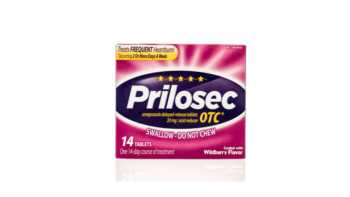Summary
-
Does vitamin C help?
If you get sufficient vitamin C from foods (such as from a cup of tomato or orange juice), taking more from a supplement will generally not help. Nevertheless, taking high-dose vitamin C daily from a supplement during cold season can slightly reduce the risk of getting a cold, particularly if you are deficient in vitamin C, but won't help once you're sick. Vitamin C supplementation may also slightly reduce blood pressure, although it has not been shown to reduce rates of cardiovascular disease. Taking vitamin C has also been associated with a reduced risk of gout (see What It Does). Which vitamin C supplement is best?
Among the vitamin C supplements shown to be of high quality and Approved in our tests, four were chosen as CL's Top Picks for moderate, high, and extremely high doses of vitamin C, including one that provides the daily requirement of vitamin C for less than a penny. We also chose a Top Pick for kids and among natural, plant-based powders.-
How much vitamin C should I take?
To be sure you're getting the daily requirement of vitamin C, a supplement providing roughly 50 mg to 100 mg of vitamin C is sufficient for most adults and is quite safe (see What to Consider When Using). When higher doses are taken in hopes of reducing the risk of a cold or gout, or to slightly reduce blood pressure, a typical dose is 500 mg taken twice daily, or up to 2,000 mg per day. -
Which form of vitamin C is best?
There are many forms of vitamin C available (ascorbic acid, sodium ascorbate, calcium ascorbate, liposomal vitamin C, etc.) but there is no compelling evidence that one is much better than another. The ascorbate forms may be easier on your stomach than ascorbic acid, but you will still run a risk of developing loose stools at a very high dose. Whole food ingredients (like lemon peel) will provide additional bioflavonoid compounds, which may be of some benefit, but are not necessary to meet your nutritional needs, and natural vitamin C (such as from rose hips, acerola, and camu camu) is the exact, same compound (L-ascorbic acid) found in most synthetic vitamin C supplements. As vitamin C is an acid, products formulated as capsules or tablets may be safer for your teeth than high-dose liquids, powders (mixed into liquids), chewables, or gummies (see Forms of Vitamin C). -
Vitamin C side effects:
Be aware that taking more than 500 mg of vitamin C per day on a regular basis (which will saturate your blood with vitamin C) may increase your risk of developing cataracts, and taking more than 1,000 mg per day may also increase your risk of oxalate kidney stones (a cause of blood in the urine), decrease copper levels, reduce benefits of exercise on muscles and bones, and interfere with medications such as indinavir as well as with some urine and stool tests. In fact, while adequate levels of vitamin C in the body are associated with reduced risk of death, this appears to reverse at higher levels. Diarrhea can result from a single dose of more than 2,000 mg for an adult and with lower amounts in children, although dividing the dose over the course of the day and taking with meals may reduce this side effect (see Concerns and Cautions).

